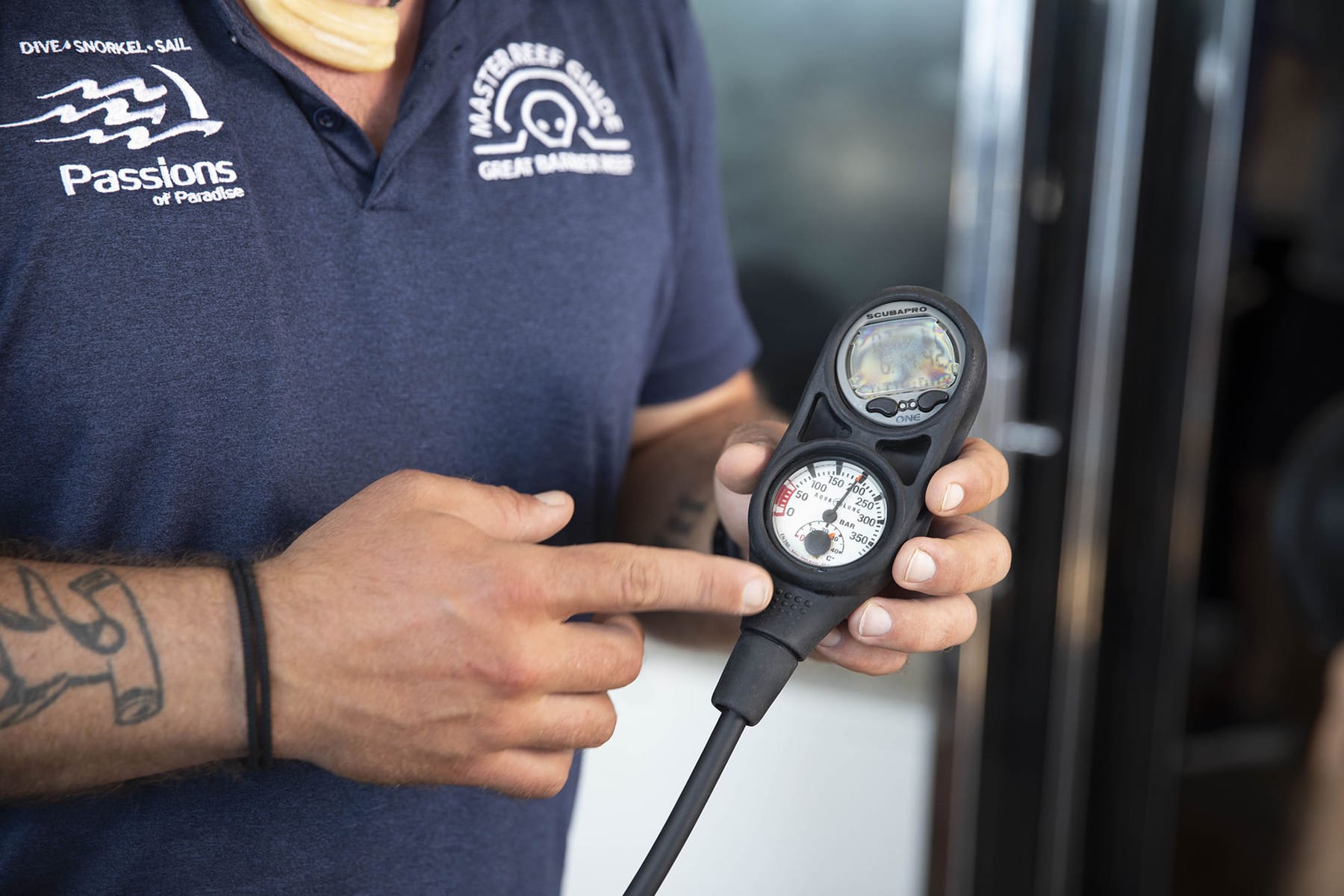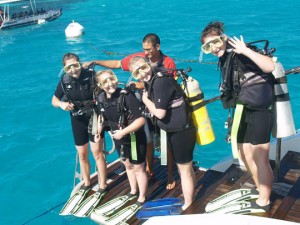
A dive trip anywhere in the world is a carefully orchestrated event, like a symphony or ballet. It involves the coordinated interplay of several individuals—not just the tourist divers, but also the dive masters, dive instructors, boat skippers, those training as dive guides, boat crew, tour operators and owners, reservations staff, booking agents… It’s a pretty long list. Unfortunately, sometimes unforeseen circumstances can put a big dent in your diving holiday. A mechanical breakdown on the vessel. A string of bad weather. A miscommunication about a shuttle. But there are some circumstances and scenarios that divers of all skills levels can help prevent that will ensure an enjoyable day for everyone. So, whether you are newly certified or have logged more time underwater than King Neptune himself, we have put together some tips so that you can have a more enjoyable day, prevent some easy problems, and do your part to make sure that a day of diving is a pleasant experience for everyone.
- Know Thy Equipment. New BCD? New set of regulators? Switching to integrated weights instead of a weight belt? Becoming familiar with new equipment is essential in making sure that you are not only safe during your dive, but that you are not distracting other divers by monopolizing the dive master or instructor’s attention. If you have new equipment, read the instructions, play with it; maybe even go for a test dive at with your local dive centre before you leave. Remember the 5 P’s of Diving: Prior Preparation Prevents Poor Performance.
- Understand the “Weight” of the Situation. New and experienced divers alike can find proper weighting to be problematic, especially when moving between different climates and exposure protection levels. A pair of board shorts and a rashie in the tropics will not require the same weighting as a dry suit in the middle of a frozen Canadian lake. When you record your dives, keep a record of your exposure protection and weighting; that simple habit will take a lot of guesswork out of weighting yourself when you travel.
- Time is of the essence. Being on time for flights, transfers, check-ins, etc… is vital in the tourism industry, and being on time especially proves true on diving holidays. When making your way to your dive operator, make sure you know what time check-in opens and what time the vessel leaves, and then plan to arrive a little early, usually between 15 and 30 minutes. This will have a couple of positive outcomes for your day. First, you may have time to return to your accommodation and retrieve something forgotten. Being early also helps the dive staff better organise the day: They can check you onto the manifest, get any necessary paperwork completed, and assign you a space for you and your dive gear. There is a classic saying: Early is on time, and on-time is late.
- Mutiny Underwater. Dive Masters and Instructors are scuba professionals. They have trained for years to expertly and safely guide divers underwater. Many have worked at a particular operation for months, years (some even decades!). They know their sites. Before the dive, they will give you a detailed dive briefing: maximum depths, maximum times, general topography, etc… Nothing, repeat: Nothing will rattle a dive guide more than descending with a group, beginning the dive, only to discover that one or more divers are on their own private James Bond mission. Be courteous to the dive guide, stay with the group, stay with your buddy, and monitor your depth, time, and air consumption. And while we’re on that subject…
- Air Consumption Roulette. You’ve paid good, hard-earned money to go on this diving holiday. This may be your once-a-year scuba dive or your once-in-a-lifetime location. You want to make the most out of the experience. So when the dive guide asks how much air you have, you fudge the numbers a little bit; after all, the needle seems closer to 100 bar than 90, and 120 bar is close enough to 100 bar, and rounding up to 150 isn’t that big a deal… Trust us, it is. Please, be honest with your dive guide about your air consumption. Nothing will send sheer panic through a dive guide than signalling you are at 50 bar when the group is down at 25 metres. Dive guides are experts at planning dives to maximise air consumption and time, and your cooperation is greatly appreciated. Remember, we’re here to make sure you enjoy the dive, stay safe, and get a good dive for good value.

